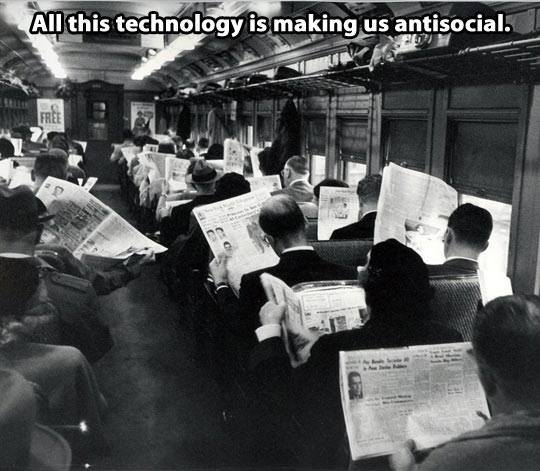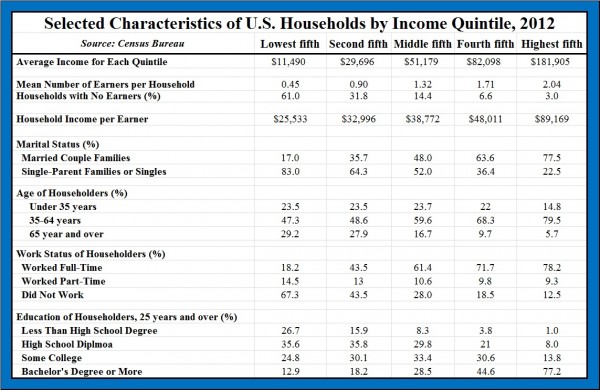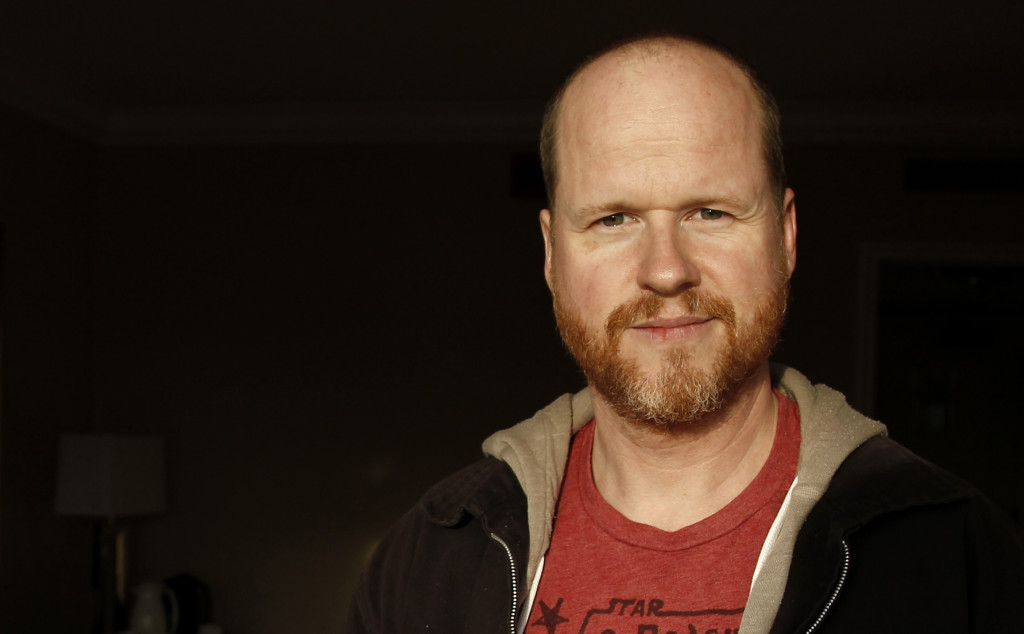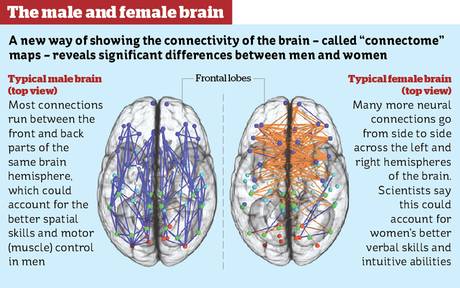My post for Times And Seasons this morning begins: “In my imagination there is a hall of records in the future Celestial Zion where anyone can review the mortal life of any other person as seen from their perspective.” Read the rest for an admittedly odd little essay about loneliness and isolation in mortality. (Hopefully it’s as interesting as it is odd.)
Month: December 2013
Native American Genetics
A newly sequenced genome demonstrates that nearly one-third of Native American genes come from west Eurasian people linked to the Middle East and Europe, rather than entirely from East Asians as previously thought. National Geographic has the story.
Inequality and Demographics
The above chart (as its title says) provides the details of U.S. households by income quintile. Economist Mark Perry summarizes some of the key differences between households (as of 2012):
1. On average, there are more income earners per household in the top quintile than in the lowest-income households.
2. Over 60% of the lowest-income households have no income earners, whereas the top quintile households have only 3% with no earners.
3. Over 75% of top quintile households are married couples, while this applies to only 17% of the lowest quintile households.
4. Nearly 80% of top quintile households fall within the prime earning ages of 35-64. Those in the bottom quintile are 1.6x more likely to be under 35 years of age and more than 5x more likely to be over 65 years old.
5. Nearly 80% of top quintile households include at least one adult working full-time compared to only 18.2% of those in lowest-income households.
6. Over 75% of those in the top quintile households have college degrees, while only about 13% of the lowest-income households.
As Perry summarizes,
Specifically, high-income households have a greater average number of income-earners than households in lower-income quintiles, and individuals in high income households are far more likely than individuals in low-income households to be well-educated, married, working full-time, and in their prime earning years. In contrast, individuals in lower-income households are far more likely than their counterparts in higher-income households to be less-educated, working part-time, either very young (under 35 years) or very old (over 65 years), and living in single-parent households.
The good news is that the key demographic factors that explain differences in household income are not fixed over our lifetimes and are largely under our control (e.g. staying in school, getting and staying married,etc.), which means that individuals and households are not destined to remain in a single income quintile forever.
The Elitism of Hackschooling, Unschooling, and other Fads
On the surface, this is a perfectly valid perspective on education.
“Hackschooling” is clearly working out perfectly well for this kid, and I don’t have any doubt that his education is probably far superior to what the median American kid receives. But the secret sauce in this education stew isn’t some cutting-edge theory. It’s actually just the lavish expenditure of time, money, and human capital to purchase a cutting-edge education most families cannot afford.
Think about it this way: public education is designed to capture economies of scale. Want to educate a whole country: design one curriculum and teach it to all of them. When you upgrade from public education by spending more money what you’re basically getting is a combination of prestige and personalization. Personalization works because of smaller teacher:student ratios, but also because the expense of private education means you end up with a much more homogenuous student body, and so the educational experience can be customized to a greater extent. You spend money, you get personalized education.
The thing to realize is that this “unschooling” (or “hackschooling” or whatever) is not any different. It’s the exact same idea, but taken to the extreme. Sure, there might not be a huge outlay of cash, but there is definitely a huge outlay of time. We’re talking about a student:teacher ratio of something like 1:3 or 1:4 (depending on the number of kids involved) and you can only swing that if you’ve got a single-earner making enough to support the whole family. You might not be writing a check to a private school for tuition, but you are having one spouse opt to not bring home a paycheck at all. That’s the tuition of homeschool.
But there’s more to it than that. A lot of the experiences this kid talks about are clearly not experiences you can get if your family is not well-connected and knowledgeable. At 13-years old I couldn’t have gotten a job at all, much less an internship at a quirky specialist manufacturer of some kind. The best I could swing was a job as a janitor when I hit 14 and it was legally allowed. Your parents have to have the social circle and the know-how to set up these awesome experiences, and that’s basically a requirement of human capital.
I’m not criticizing this family’s choices. I think that homeschooling is awesome when done right. What I’m criticizing is the kind of snake-oil approach that says there’s some kind of theory or trick to awesome education. There isn’t. Not really. It’s just a question of quantity of resources that you have to throw at the problem. And, from that perspective, this kid’s education is about the most elite and expensive you can imagine. Good for him that his parents can afford it, but let’s not kid ourselves about the price tag. For most Americans: it’s out of your reach.
The Passing of Nelson Mandela, 1918-2013
Nelson Mandela died today at 95. There is an excellent interactive piece in The New York Times documenting Mandela’s life and achievements. Another NYT article provides a moving quote from President Obama:
His commitment to transfer power and reconcile with those who jailed him set an example that all humanity should aspire to,” a grim President Obama said Thursday evening, describing Mr. Mandela as an “influential, courageous and profoundly good” man who inspired millions — including himself — to a spirit of reconciliation.
Eugenics and Economics in the Progressive Era
I was recently revisiting some of the research by economist Thomas C. Leonard of Princeton University on eugenics and economics during the Progressive Era. Leonard is currently working on a book entitled Excluding Inferior Workers: Eugenic Influences on Economic Reform in the Progressive Era. I had nearly forgotten about the excellent slide-show he produced for his book’s research. For those who have an interest in economic history–especially the Progressive Era’s influence on America’s economic thinking–these slides are definitely worth reading.
Pope Francis: Lost in Translation
Priest and blogger Father John Zuhlsdorf argues on his blog that part of Pope Francis’ apostolic exhortation may have been mistranslated. The Spanish reads,
54. En este contexto, algunos todavía defienden las teorías del «derrame», que suponen que todo crecimiento económico, favorecido por la libertad de mercado, logra provocar por sí mismo mayor equidad e inclusión social en el mundo.
The official English is translated as
In this context, some people continue to defend trickle-down theories which assume that economic growth, encouraged by a free market, will inevitably succeed in bringing about greater justice and inclusiveness in the world.
However, por si’ mismo (translated as “inevitably” above) actually means “by itself.” In other words, the Pope is saying the assumption that “economic growth, encouraged by free markets, will by itself succeed in bringing about greater justice and inclusiveness in the world” is false. As Father Zuhlsdorf puts it,
But the real point here is that in EG 54 the author says that “trickle down” economics cannot by itself produce the desired result. That is, of course, correct. No economic plan will solve the problems of the poor by itself. Economic plans must be carried out by people who have good, solid morals and values.
Easy for things to get lost in translation.
Pope Francis Continues to Rock
First came stories based on an interview with Archbishop Konrad Krajewski like this one. According to the stories, Pope Francis was unable to spend time distributing money–and love–to the homeless and poor as he had done prior to his elevation to the papacy. But Krajewski mentioned that the Pope had indicated he wished he could go, and soon speculation abounded (like here) that Pope Francis was sneaking out at night in disguise to continue his ministry to the poor.
The Pope is popular, that is for sure. And I certainly love his example. But there are two roles for a leader like the Pope. One is symbolic, and here the Pope’s example shines. The other is administrative. I think only time will tell whether or not Pope Francis is able to strike the right balance between those two roles.
My hope (as a non-Catholic who loves Catholicism) is that the Pope is able to encourage more Catholics to reconsider their relationship to their own faith and begin to take more seriously the teachings, doctrines, and perspectives of that ancient and honorable faith.
Am I Feminist? or: The Feminist Bait and Switch
I have something in common with Joss Whedon. He doesn’t like the term “feminist,” and neither do I. We both think that feminism has an image problem. Whedon, who defines feminism as “believing men and women to be equal; believing all people to be people” doesn’t like the term because he thinks the “-ist” at the end fails to convey it’s universal appeal.
Let’s be real, Mr. Whedon. The last syllable of the word is the least of feminism’s problems.
I like Joss Whedon’s ostensible definition just fine. The problem is that he, like most self-declared feminists, doesn’t actually stick to it. Feminism is always introduced as something universal and apolitical like “concern for women’s issues,” but then in practice it always ends up being equated with left wing social politics. Do you care about women? Then you must be a Democrat. The Republicans have declared a War on Women, don’t you know?
Because the term “feminism” has become hopelessly entangled in partisan politics, it’s time to step back and differentiate between being concerned for women and feminism. We can find some common ground if we do that, and I can’t think of a better place to start then this famous clip from Patrick Stewart about the importance of opposing violence against women.
It’s a beautiful and moving speech. There’s nothing political about it, and there shouldn’t be.
Gender Essentialism and Complementarity
The Independent has an article on a study about the hardwired difference between male and female brains. According to the article, men have more connection going from front-to-back and women have more going from side-to-side, and this might explain superior male motor skills and superior female verbal skills. The argument is that these characteristics are genetic, not behavioral, and this would be a point for gender essentialism, which is the idea that gender is to a great degree biologically determined and not merely a social construct.
I also thought it was interesting that the researchers were quoted on gender complementarity several times, such as:
These maps show us a stark difference – and complementarity – in the architecture of the human brain.
And:
It’s quite striking how complementary the brains of women and men really are.
Of course in an ideal world science is not politicized, but at a minimum this article is a good place to explain the conservative view on gender equality. The most simplistic interpretation of gender equality, of course, is gender sameness. Differences between the sexes are downplayed or relegated to secondary importance. (Man vs. woman, right-handed vs. left-handed… whatever.) But conservatives hold a different view, which is that men and women are equal but different. The derogatory term for that would be something like “separate but equal”, but conservatives would use the term “complementary,” meaning that men and women are different but that these differences are not about better vs. worse, but are merely two halves of a puzzle that works best when both pieces are given equal consideration despite their different natures.






